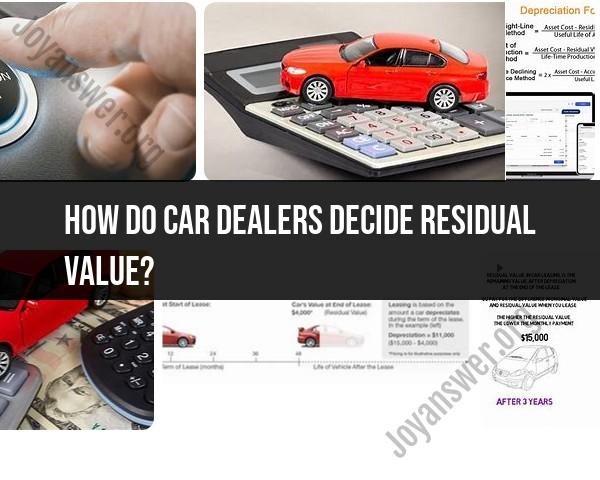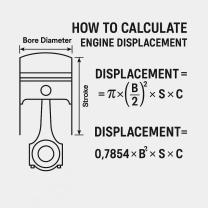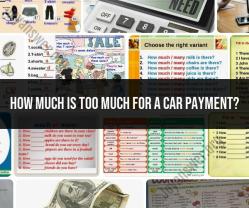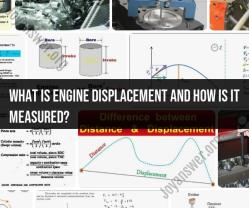How do Car Dealers decide residual value?
Car dealerships do not independently determine residual values; instead, residual values are typically calculated by automotive leasing companies or financial institutions that offer lease programs. The residual value is a key component in determining monthly lease payments.
Here's how the process generally works:
Residual Value Definition:
- The residual value of a vehicle is an estimate of its worth at the end of the lease term. It's expressed as a percentage of the vehicle's original value. For example, if a car has a $30,000 value and a 50% residual value after a three-year lease, the estimated residual value is $15,000.
Automotive Leasing Companies:
- Companies specializing in automotive leasing, banks, or financial institutions determine residual values. They employ automotive industry experts and use statistical models to forecast how much a vehicle will be worth at the end of a lease term.
Factors Influencing Residual Values:
- Several factors affect residual values, including:
- Depreciation Rates: Historical and projected depreciation rates for specific makes and models.
- Market Demand: The anticipated demand for a particular vehicle in the used car market.
- Economic Conditions: Overall economic conditions and trends in the automotive market.
- Brand Reputation: The reputation of the car brand for reliability and resale value.
- Mileage Limits: Lease agreements often have mileage limits, and exceeding these limits can affect the vehicle's value.
- Several factors affect residual values, including:
Data Analysis and Industry Trends:
- Residual values are determined by analyzing historical data on how different car makes and models have depreciated over time. Industry trends, consumer preferences, and economic indicators also play a role in these calculations.
Lease Terms:
- The length of the lease term influences residual values. Shorter lease terms typically result in higher residual values because the vehicle is expected to depreciate less during a shorter period.
Adjustments for Options and Mileage:
- Residual values may be adjusted based on the vehicle's options and the anticipated mileage during the lease term. Some options may increase or decrease the residual value, and exceeding the mileage limit may result in additional charges.
Negotiation:
- While dealerships don't determine residual values, they may have some influence over the lease terms, including the residual value. Dealerships may work with multiple leasing companies, and terms can vary. In some cases, a dealer may offer a lower lease payment by adjusting the residual value, but this is subject to negotiation and the policies of the leasing company.
It's important for consumers to be aware of the residual value when considering a lease, as it directly impacts monthly payments. Researching the residual values of different vehicles and negotiating lease terms can be part of the car leasing process.
- Factors Influencing a Car Dealer's Determination of a Vehicle's Residual Value
Several factors influence a car dealer's determination of a vehicle's residual value. These factors can be categorized into two main groups:
A. Vehicle-Specific Factors:
Make and Model: The reputation and popularity of the car's manufacturer and specific model play a significant role in determining its residual value. Vehicles from reputable brands and popular models tend to have higher residual values due to their perceived reliability, performance, and demand.
Age and Mileage: The age and mileage of the vehicle are crucial factors in determining its residual value. Newer vehicles with lower mileage generally have higher residual values, as they are considered more desirable in the used car market.
Condition and Maintenance History: The overall condition of the vehicle, including its exterior, interior, and mechanical condition, affects its residual value. A well-maintained vehicle with a clean history of repairs and maintenance will have a higher residual value.
B. Market-Related Factors:
Supply and Demand: The balance of supply and demand for a particular vehicle model influences its residual value. When demand exceeds supply, residual values tend to be higher, while an oversupply of the model can drive down residual values.
Economic Conditions: The overall economic climate can impact residual values. During economic downturns, car buyers tend to be more cautious, leading to lower demand for used cars and potentially lower residual values.
Fuel Efficiency: Fuel-efficient vehicles generally have higher residual values due to their lower operating costs and environmental friendliness.
- Calculation of Residual Value for Leasing Purposes
Car dealers typically rely on third-party companies like Edmunds, Kelley Blue Book (KBB), or ALG to provide residual value estimates for leased vehicles. These companies gather and analyze data on used car sales and market trends to generate residual value projections.
When estimating residual values for leasing purposes, car dealers will consider the vehicle-specific factors mentioned earlier, such as make, model, age, mileage, and condition. They will also factor in market-related factors, such as local demand, economic conditions, and fuel efficiency trends.
The specific calculation methodology used by car dealers may vary, but it generally involves applying a depreciation rate to the vehicle's MSRP (Manufacturer's Suggested Retail Price) over the lease term. The depreciation rate is determined based on the factors mentioned above and the expected market conditions at the end of the lease term.
- Industry Standards and Algorithms
While there are no universally accepted industry standards or algorithms for estimating residual values, car dealers and third-party companies rely on sophisticated statistical models and data analysis techniques to generate their projections. These models incorporate historical sales data, market trends, economic forecasts, and vehicle-specific characteristics to predict the future value of used cars.
The accuracy of residual value projections depends on the quality and timeliness of the data used, as well as the sophistication of the statistical models employed. While these projections are generally reliable, they are not without their limitations, as market conditions can change rapidly and unforeseen events can impact the value of used cars.













